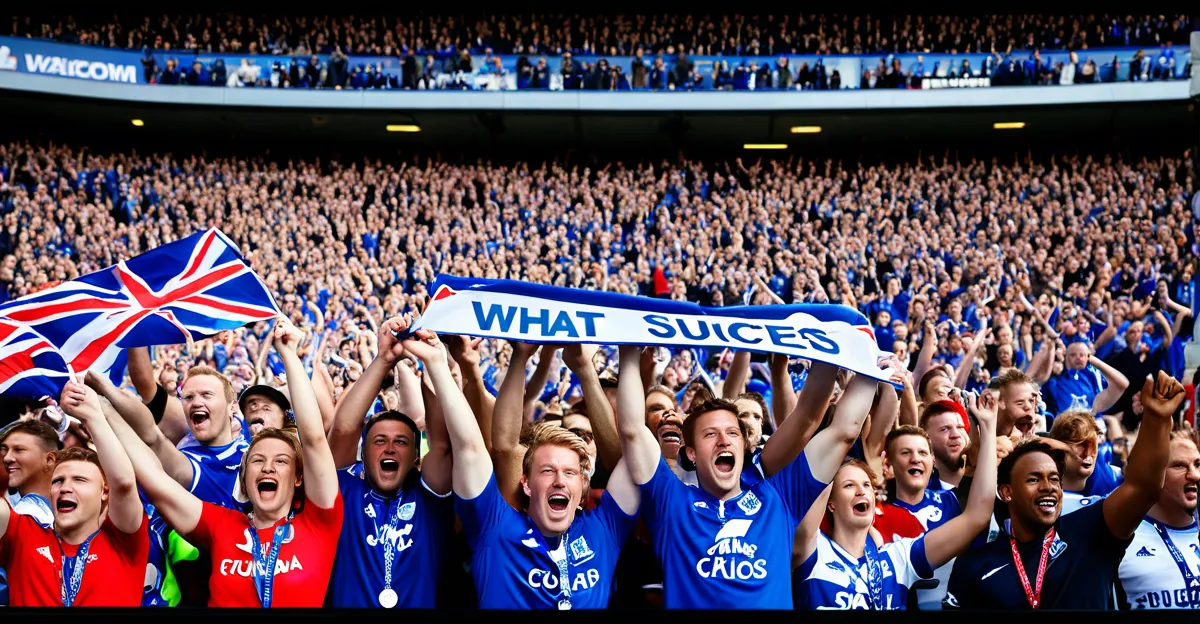The impact of fan engagement on UK sports team performance
Fan engagement plays a pivotal role in shaping team performance within UK sports, significantly influencing players’ motivation and the overall home advantage. The presence and vocal support of fans can boost morale, providing athletes with an emotional uplift that often translates into improved focus and determination on the field.
Studies consistently reveal that teams perform better when supported by passionate, engaged crowds. This is evident in scenarios where high attendance and enthusiastic cheering correlate with increased winning rates compared to matches with sparse or disengaged audiences. The home advantage phenomenon is deeply intertwined with fan engagement; the spirited support disrupts opposition teams while energizing the home side.
Also to see : How is digital media transforming the fan experience in UK sports?
Notable UK sports examples underscore this effect vividly: in football, clubs like Liverpool have long been celebrated for their “12th man”—the fans—who contribute to an intimidating atmosphere at Anfield, positively impacting the players’ effort and resilience. Similarly, in rugby, venues where crowd intensity peaks have witnessed measurable uplifts in team performances under pressure. This interplay between crowd engagement and performance highlights how the collective support network amplifies players’ motivation, turning fan presence into a strategic asset for UK sports teams.
Fan engagement as a driver of financial success in UK sports
Fan engagement is a crucial catalyst for sports revenue among UK sports teams. Highly engaged fanbases directly contribute to increased ticket sales as enthusiastic supporters are more likely to attend matches regularly, creating a stable and growing income stream for clubs. Beyond matchday attendance, engaged fans also drive robust merchandising activity; the emotional connection to a team encourages purchases of jerseys, scarves, and memorabilia, which form a significant portion of clubs’ financial health.
Topic to read : How do UK sports adapt to changing fan engagement trends?
Sponsorship deals flourish when clubs exhibit vibrant fan activity. Sponsors seek visibility through association with teams whose supporters are active and attentive, both physically and digitally. This relationship boosts the marketability of UK sports teams, enabling them to negotiate lucrative partnerships. In essence, rich fan engagement transforms into compelling commercial appeal, making clubs attractive for brand collaborations.
Examples from UK sports demonstrate these dynamics clearly. Clubs with consistently high fan involvement report not only better matchday revenue but also enhanced sponsorship interest and merchandising returns. This pattern highlights the symbiotic link between engaged supporters and fiscal growth. Maintaining and expanding fan engagement is therefore an indispensable strategy for financial sustainability within UK sports organisations.



